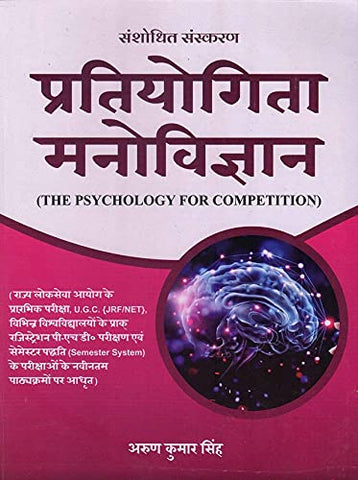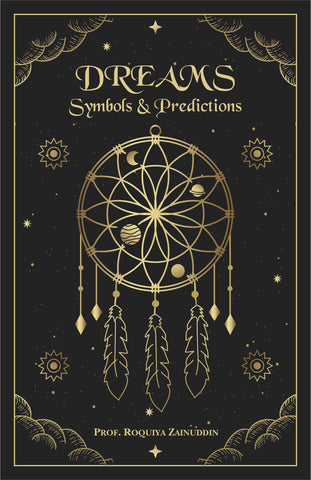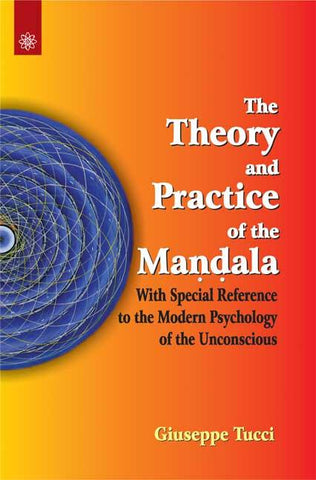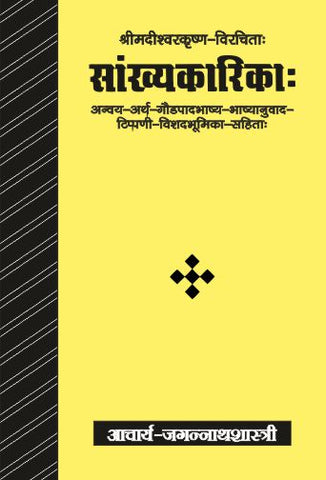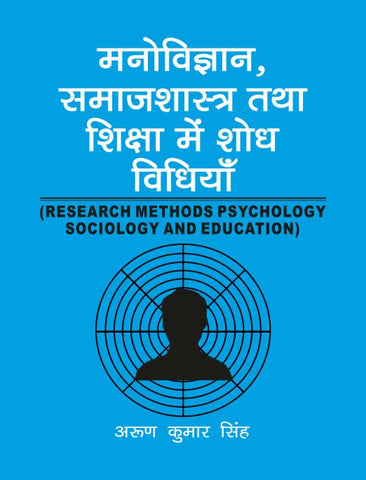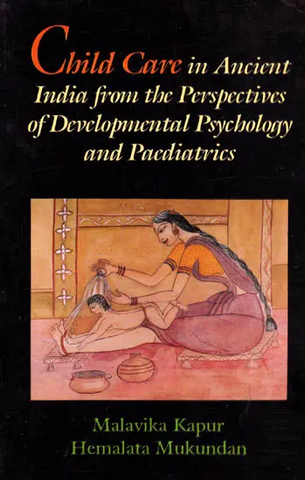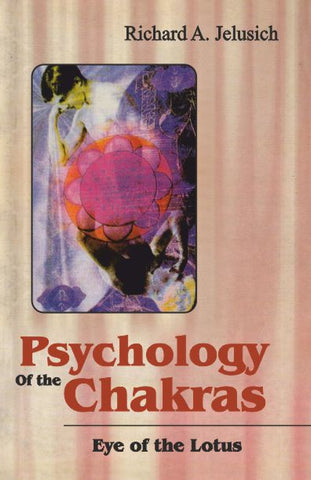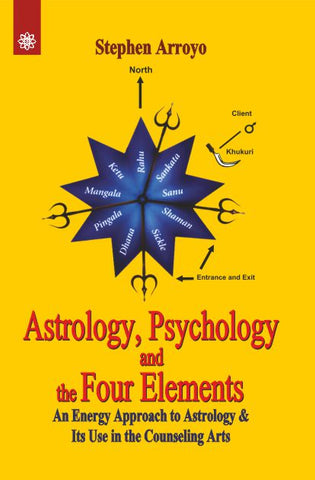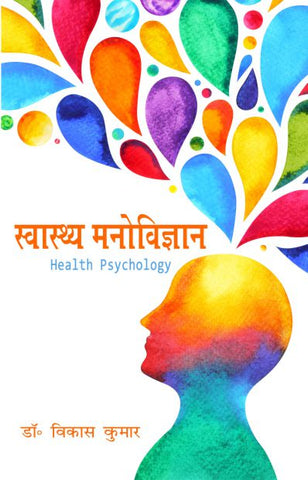Your cart is empty now.
About The Book:
Examining –mental illness” in societies where different world views, thought worlds, and habit patterns prevail is ordinarily frowned upon by social scientists since it involves analysis of phenomena steeped in modern conventions of knowledge. This book contravenes this position by giving reasons for and ways of circumventing social science scruples. It formulates and provides details about the system of healing of conditions of psychiatric interest that would have been found in ancient traditions and the early modern periods. It draws on the findings of Indian epidemiologists who have surveyed the prevalence and distribution of psychiatric disorders in modern and traditional settings of contemporary India. Their findings support the position that such conditions would have been found in earlier historical epochs.
In the book, information from cultural anthropology is used to formulate ideas and a perspective that encompasses salient cultural and historical parameters of India as a socio-cultural entity which have stood the test of time. Emphasis is placed on how Indian culture, religion, morality, sociology, and philosophical psychology shape the worldview and habit patterns of Indian peoples everywhere and throughout millennia. This nexus of ideas constituted the ontology and epistemology about psychiatric conditions in earlier historical epochs. It shaped their form, content and meaning and it provided a basis for approaches to healing. Normal and not-so-normal conceptions about behaviour and well-being are discussed based on indigenous systems of meaning. The manner in which psychiatric conditions were and still are formulated in the compilations of Caraka, Susruta, Vagbhata, and Bela are reviewed and compared along with religious and spiritual viewpoints. Discussion of approach to conditions of psychiatric interest rooted in traditional Indian values provides a basis for critique and plea for broadening the scope and depth of the already vibrant and scientifically compelling psychiatry of contemporary India. The book aims to make modern psychiatry more responsive to India's understanding of the human condition.
About the Author(s):
Horacio Fabrega Jr. is a practising clinical neuropsychiatrist who is a Professor of Psychiatry and Anthropology at the University of Pittsburgh. His academic work spans the fields not only of clinical and descriptive psychiatry but also of ethnomedicine, medical anthropology, and cultural psychiatry. He is the author of four books and over one hundred and fifty articles in peer review journals in these fields. He was Director of the Medical Student Education Program at the University of Pittsburgh School of Medicine for fifteen years. For the last ten or so years his work has encompassed evolutionary psychology and psychiatry, involving the theoretical study of the way conditions of psychiatric interest have changed during various phases of human biological and cultural evolution. India represents a case study for this position and the book summarizes it.
Delivery and Shipping Policy
- INTERNATIONAL SHIPPING
- Rs.1000-1100/kg
- ESTD. Delivery Time: 2-3 weeks (depending on location)
- Bubble Wrapped with Extra Padding
- NATIONAL SHIPPING
- NCR: Rs. 30/half kg
- Standard: Rs. 80/half kg
- Express shipments also available on Request
- ESTD. Delivery Time: Ranging from 1-4 days up to 7 business days (Depending on your choice of Delivery)
- TRACKING
- All orders; national or international, will be provided with a Tracking ID to check the status of their respective orders
- Depending on the Shipping Service, Tracking ID may be used on their respective tracking portals
Frequently Asked Questions (FAQs)
Domestic Shipping: 3-4 Days (after shipping)
International Shipping: 1-2 weeks (based on your location)
You will receive an email once your order has been shipped or you can email us if you didn't receive tracking details (info@mlbd.co.in)
Every book that we sell is the latest edition except all the rare books
Yes, we do provide free shipping, only on domestic orders (within India) above Rs.1500


